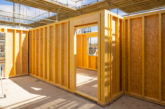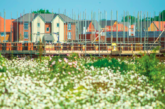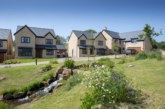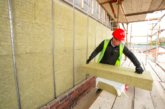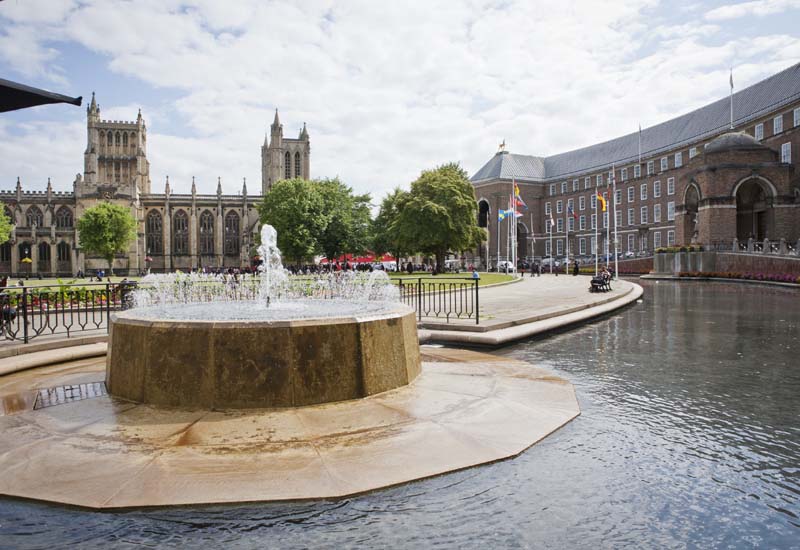
In the first of a series of regional articles for PHPD, George Cardale, Director, Residential Development Sales, at Savills looks at the market for residential development in Bristol.
Bristol is undergoing dramatic change, supported by the fastest growing economy outside London, city centre regeneration and a vibrant cultural scene that saw it voted as the best city to live in by The Sunday Times last year.
This economic growth is reflected in strong demand for residential property across the city and beyond its boundaries. House prices rose by 11% in 2015, well above the 6.4% average for England and Wales and just behind London’s growth of 12.4%, according to HM Land Registry.
However, the supply of new housing is currently failing to meet demand and, according to Savills own research, the city needs to take action to address the undersupply to continue its economic growth. Otherwise it risks becoming a victim of its own success.
Housing need
With almost 4,000 new households a year projected to emerge in wider Bristol over the next 20 years, the area needs at least 84,364 new homes, according to official estimates.
Given that we saw an annual average of 2,984 additional new homes delivered across Bristol, North Somerset and South Gloucestershire over the five years to March 2015, this represents a potential future shortfall of at least 1,234 new homes if current building levels continue.
“the supply of new housing is currently failing to meet demand”
Some have even questioned whether the official numbers are high enough with alternative estimates of housing need north of 100,000 which would result in far higher housing shortfalls.
Our own experience suggests that market demand would support a higher number of new build sales.
The year so far
So far this year our agents have taken reservations for over 190 homes, which is more than Savills sold in the doldrum year of 2009.
More recently, we have seen high demand for smaller units with one and two bedroom apartments making up 92% of our sales in 2014/2015. This year, affordability pressures on home purchasers and the search for better yields among investors has lead to an increase in demand for studios.
Bristol needs to grow in order to accommodate its rising population and to continue to attract investment as its economy flourishes. The city must seek to intensify development within its urban areas as well as to co-operate with surrounding local authorities and this presents an opportunity for developers whether they are national PLCs or local niche firms.


